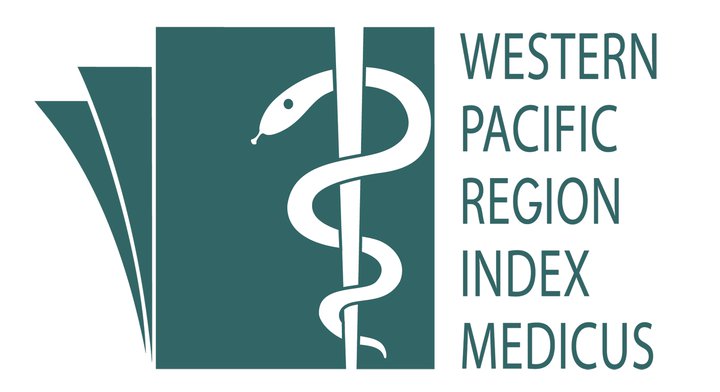UKM Students Global Mobility Programme to Niigata: Gaining New Experience, Medical Knowledge and Culture in Japan
Keywords:
-Abstract
In the middle of January 2014 during the winter season, three post graduate students from Community Health Department, Faculty of Medicine, Universiti Kebangsaan Malaysia (UKM) were invited to have a taste of experience on public health practice in Niigata Graduate School of Medicine & Dental Sciences (NU) under Division of International Health (Public Health). This is the fourth group which was invited through the student exchange program between both universities. The journey took almost 7 hours from Kuala Lumpur International Airport to Narita International Airport by plane; and another 2 hours by bullet train (shinkansen) ride from Tokyo City to Niigata prefecture. The cold weather, which was below 2 degree Celsius, did not stop our burning desire to step into the country which was well known for its modernization and yet still upholding its ancient and renowned tradition.
Not many would know that Niigata was known as the “Rice Capital of Japanâ€. The large variation of seasons and temperature between night and day, the fertile soil and the pristine melting snow that feeds into the rice paddies create a natural environment for nurturing Niigata’s exquisite rice. Niigata boasts Japan's biggest harvest of rice, which is essential to Japanese cuisine, crackers and sake production.
During our visit, we were made known on the Japanese code of etiquette, which governs the expectations of social behaviour in the country and is considered very essential. Bowing for example, is considered extremely important in Japan, so much so that, although children normally begin learning how to bow from a very young age, companies commonly provide training to their employees in how to execute bows correctly. There are also certain etiquette applied during eating, drinking, exchanging gifts and visiting. Giving a personal business card is essentially important and therefore we were made the effort to prepare our own cards during the visit.
Upon our arrival, we were welcomed by the Head of Public Health Division; Prof. Dr. Reiko Saito and her colleague, Dr. Yugo Shobugawa. The introduction to the division was given and we were introduced to the staff in the division. The division is currently prioritising on the research related to avian influenza as well as Norvovirus through genetic study and Geographical Information System (GIS).
During the first day of the visit, we were astonished to know that Niigata city possess its own “public health hospital†which was developed to cater disease outbreak and disaster. Recently it has been used for influenza outbreak as well as providing healthcare services for the victims of earthquake. During the usual operating hours, the hospital will provide a specialist health clinic ranging from internal medicine, orthopedics, pediatrics and obstetrics speciality. It has its own disaster wards, complete with laboratory as well as radiological investigation equiptments.
References
-
Downloads
Published
How to Cite
Issue
Section
License
IJPHR applies the Creative Commons Attribution (CC BY) license to articles and other works we publish. If you submit your paper for publication by IJPHR, you agree to have the CC BY license applied to your work. Under this Open Access license, you as the author agree that anyone can reuse your article in whole or part for any purpose, for free, even for commercial purposes. Anyone may copy, distribute, or reuse the content as long as the author and original source are properly cited. This facilitates freedom in re-use and also ensures that IJPHR content can be mined without barriers for the needs of research.






